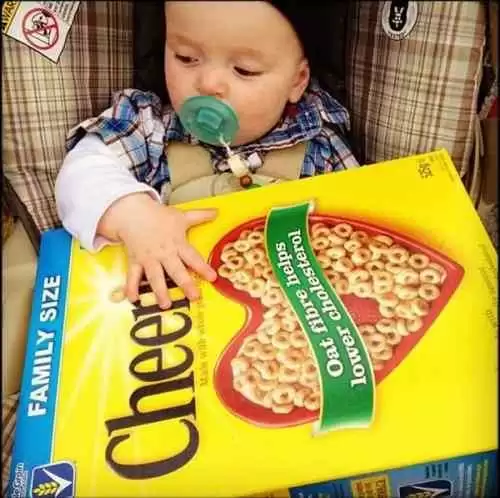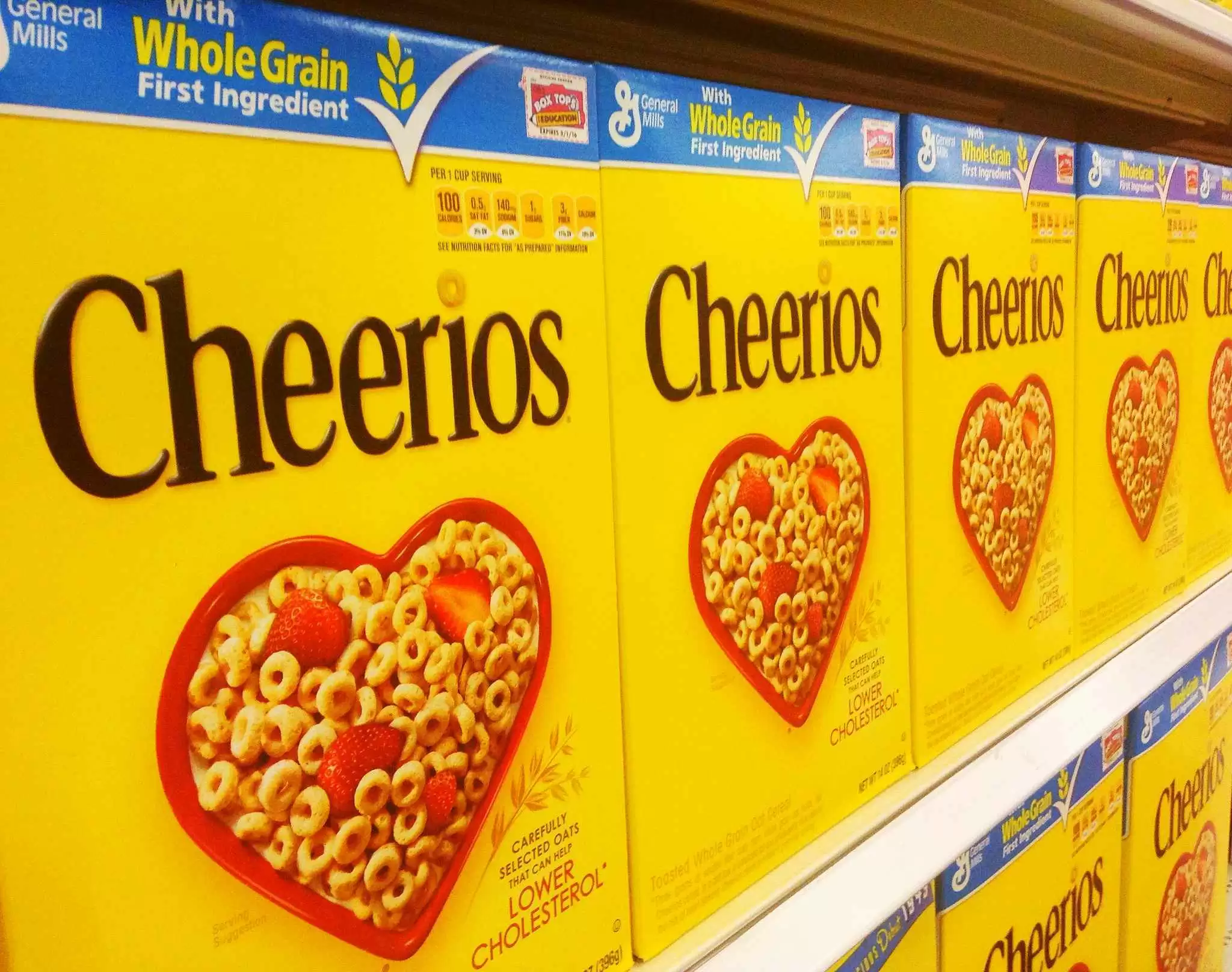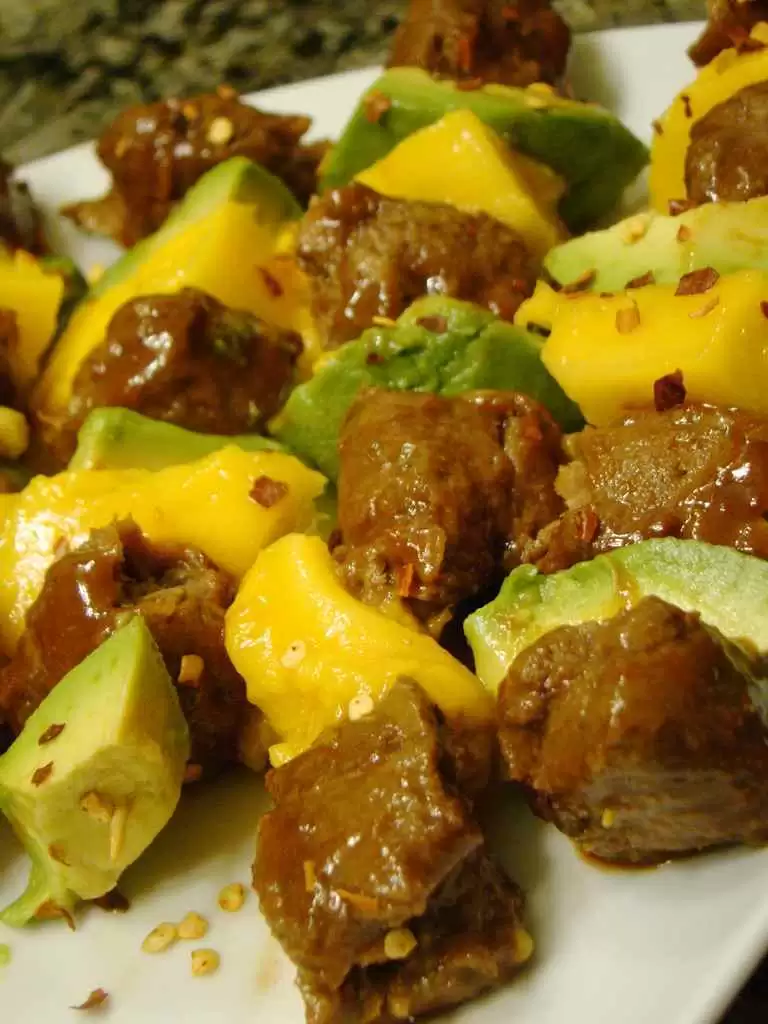
Celiac.com 12/19/2017 - The Canadian Celiac Association (CCA) finds itself facing questions of rumor-mongering and inaccuracy in the face of its ongoing comments about General Mills and Gluten Free Cheerios.
The CCA recently retracted a controversial October 20 press release in the face of questions about the accuracy and validity of its statements. The retraction reads as follows: "The CCA retracts its statement of October 20, 2017 and replaces it with this statement due to errors in the original statement." They retracted every claim made in the first press release.
Celiac.com Sponsor (A12):
In addition to its erroneous, and now retracted press release, the CCA has made numerous public statements casting doubt on the process General Mills uses to create their Gluten-Free Cheerios, and other oat-based cereal products. The CCA has spread fear and confusion about the gluten-free status of Cheerios, and implied widespread gluten contamination in Cheerios. For example, the following statement attributed to the CCA was published on October 26, 2017 by Globalnews.ca: "[CCA] expressed doubt in the company's mechanical sorting system and claim of 100 per cent removal of cross-contaminants."
Additionaly, Canadiangrocer.com reported in August 2016 that the CCA was, to paraphrase, "awaiting evidence showing the new line [of Gluten Free Cheerios] is 100% free of gluten." The article quotes Sue Newell, the CCA Manager, Education and Special Projects, as saying: "Our fear is that there are hot spots in their oats. Any given box may be fine, but every third or fifth box may not."
Canadiangrocer.com has quoted the CCA's Manager making a very specific claim about the gluten-free status of Cheerios. If her claim is correct it would mean that 20% to 30% of all Cheerios boxes are contaminated with gluten above 20 ppm, and General Mills is producing millions of boxes of tainted cereal per month which are fraudulently labeled "gluten-free." When Celiac.com invited Sue Newell to further clarify her position she would neither confirm nor deny making the quotes, but instead said that her quotes were simply "media impressions." Although Celiac.com requested more clarification, Ms. Newell would not respond to further written questions (re-printed below) about her "media impressions."
Celiac.com also requested that the CCA produce any evidence to back up their claims, but so far the CCA hasn't produced anything. In response to our questions (re-printed below), which mostly remain unanswered, the CCA demurred with vague claims about general levels of gluten contamination in raw oats, and even more vague claims about the unreliability of optical sorting systems in removing gluten. They referred to studies that, after further review, appear to be unrelated to General Mills' proprietary sorting and production processes.
CBC reported on August 31 2016, that the "Canadian Celiac Association is warning against gluten-free Cheerios products over concerns the cereal is not 100 per cent safe for people with celiac disease." What does the CCA mean by "100 percent safe for people with celiac disease?" To our knowledge General Mills has never made the claim that their sorting process results in "100 percent removal" of gluten from the oats used in their Cheerios. It is our understanding that General Mills has only ever claimed that their process results in gluten levels under 20 ppm, which allows them to be labeled "gluten-free" in both the USA and Canada, and as such they are considered safe to consume for those with celiac disease. When Celiac.com asked the CCA to provide a source for the "100% free of gluten" General Mills claim, or for clarification of her "100 per cent safe for people with celiac disease" statement, no response was provided.
Is the CCA hinting that the labeling standard for gluten-free products should be 0 ppm allowable gluten? Again, they would not answer this question. It seems that the CCA made this recommendation and their associated statements based not on independent product testing, or on any confirmed accounts of gluten-exposure in people with celiac disease who had consumed Cheerios, but instead on anecdotal evidence and innuendo.
For their part, General Mills has at least publicly described their optical sorting process, and have gone on the record as saying that their raw unsorted oats contain anywhere from 200 ppm to 1,000 ppm gluten. They describe exactly how their sorting process reduces the gluten content in their oats to below 20 ppm, and how they then pulverize, process, and mix their sorted oats to make Cheerios (from Celiac.com's perspective it is this milling/pulverizing and mixing process that should eliminate any chance of "hot spots"). They have even applied for a patent on their optical sorting technology, and in order to receive this patent their process needs to function as described. Ultimately General Mills stands by their product every day by putting a "Gluten Free" label on every box right next to their trade mark.
Remember Paul Seelig? Back in 2011, before we even had gluten-free labeling laws in the USA, he sold regular bread that was labeled as "gluten-free." He was tried and convicted of fraud and was sentenced to 11 years in prison. The idea that people can just slap a gluten-free label on a product that contains gluten above 20 ppm and somehow escape our judicial system, whether it be private attorneys who sue them or criminal prosecutors, is highly unlikely.
Ultimately the CCA is calling General Mills, Health Canada and the FDA into question when they make unfounded claims based solely on fear and innuendo. The CCA is also casting doubt on U.S. and Canadian gluten-free standards. If 20% to 30% of Cheerios contain "hot spots" of gluten contamination, then why can't the CCA, or anyone else, produce a single box that is tainted? Where are the trial lawyers who ought to be lining up to sue them?
Cheerios are are subject to regular, random testing by both Health Canada and the FDA. The FDA recently tested major American gluten-free brands for gluten-free labeling compliance and found that 99.5% of products tested are compliant with current gluten-free standards. The FDA found just one non-compliant product out of the hundreds they tested. They worked with the manufacturer to recall the tainted product and correct the manufacturing process. There is no indication that the non-compliant product was Cheerios or any other General Mills product.
In this case the burden of proof for such extraordinary claims lies with the CCA, and not with General Mills. Someone can claim that the Earth is flat, or that humans never walked on the moon, however, the burden of disproving such claims doesn't lie with scientists who spent their entire lives creating a massive body of evidence which support what are now generally accepted facts, but with those making the extraordinary claims. Accordingly, it is only fair that the CCA must back up their claims with more than the equivalent of a vague conspiracy theory, which to disprove, would require General Mills to literally test every piece of cereal in every box of Cheerios (i.e., billions of boxes).
General Mills returned our telephone calls and freely answered our questions. They provided a reasonable description of their sorting process and answered our questions about it. The CCA has been coy and evasive when questioned about their past statements, their claims about Cheerios, and their stance on the 20 ppm gluten-free standard, or any other standard for gluten-free labeling. Until such time as the CCA stands by their statements, and until they provide actual evidence to back up their claims, their claims should be regarded with skepticism.
In their reply to our questions, the CCA included three links to articles they feel support their position on oats:
- https://www.ncbi.nlm.nih.gov/pubmed/21623493 Koerner et al 2011
- http://www.sciencedirect.com/science/article/pii/S0308814616312614 Fritz et. al 2016
- http://onlinelibrary.wiley.com/doi/10.1111/ijfs.13288/full Fritz et al 2016
Celiac.com addresses those studies in a separate article, entitled: Why Do Quaker and General Mills Approach Gluten-Free Oats Differently?
Questions Emailed to the CCA by Celiac.com, followed by their response:












Recommended Comments
Create an account or sign in to comment
You need to be a member in order to leave a comment
Create an account
Sign up for a new account in our community. It's easy!
Register a new accountSign in
Already have an account? Sign in here.
Sign In Now